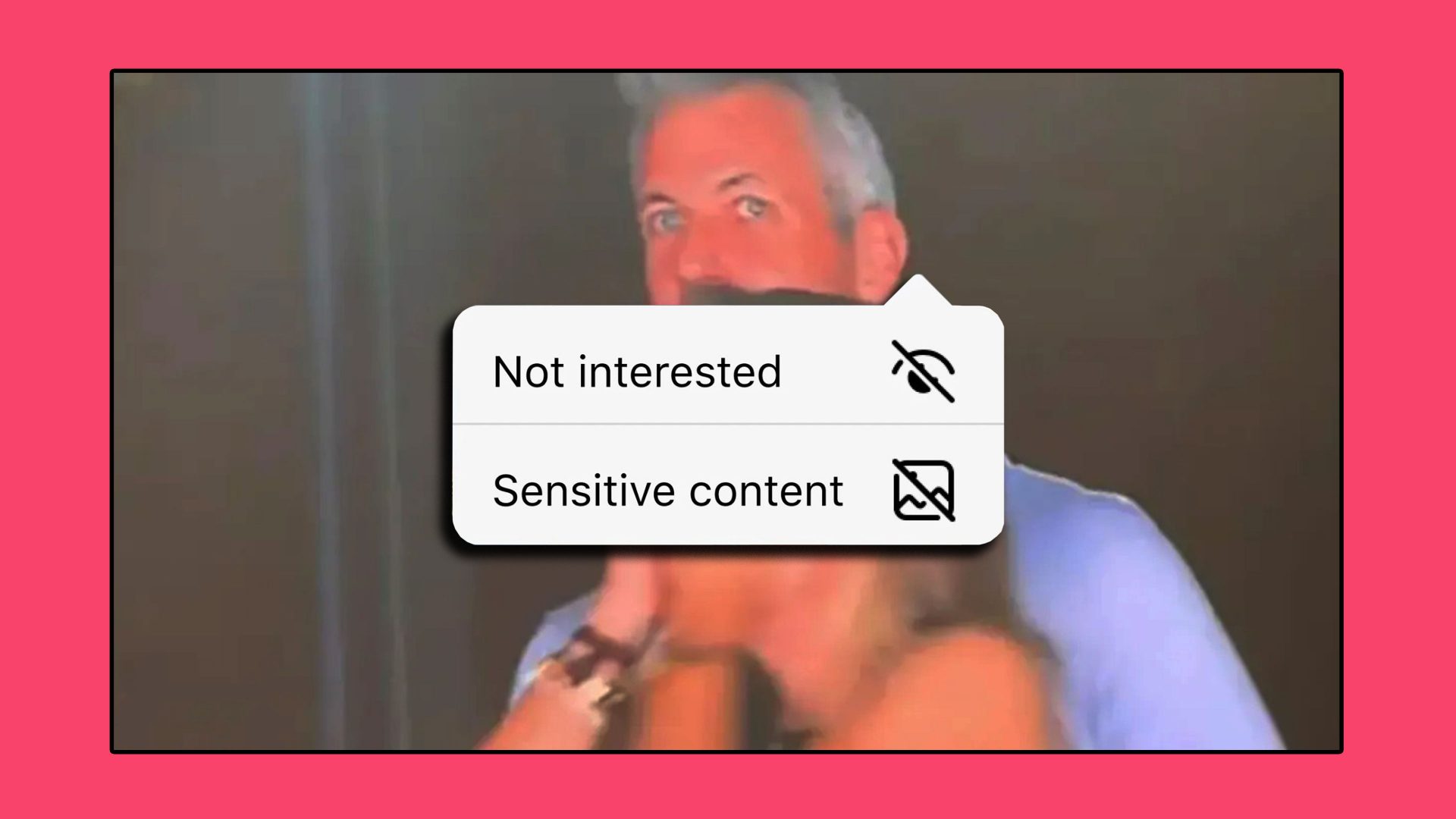We have noted in a number of previous columns how words can come and go over the years. All English speakers used to know what swain and swon meant, but now most people do not – unless they read this column regularly every week.
When my maternal grandmother, who was born in the 1880s, was upset or worried about something (which was happily not very frequently), she would often state that she was vexed. We all understood very well what she meant, but I think that that is not a word which people in England would employ very much these days any more, and I certainly do not use it – except that it can occur in fixed expressions such as “a vexed issue”.
My grandmother would also often use the word nigh when I would have said near or close. And she would sometimes say forenoon rather than morning.
It is also interesting that, more often than not, words which disappear do not generally do so suddenly. And the gradual loss of a word can be accompanied by long periods during which people slowly lose the collective knowledge of what it actually means; knowledge of its correct pronunciation can also slowly diminish among populations over the years.
One such word which English speakers seem currently to be forgetting how to pronounce is wort, which refers to “a plant used as a source of food or for medicinal purposes”. Many people have heard of St John’s wort, a herb which is claimed to be effective against mild depression and is readily available these days in various forms on the shelves of chemists, supermarkets, and online.
Suggested Reading


The long forgotten words that live on undercover
But the form wort in current English is now found mainly as the second element of the names of (formerly) medicinal plants, such as figwort, spleenwort, and woundwort.
As far as pronunciation is concerned, it is really rather obvious, in parallel with words such as word, work, worth, world, and worm, that the expected pronunciation of wort would be that it should rhyme with hurt, which is what respected authorities such as the Oxford English Dictionary state is the right way to say it – I have certainly always pronounced it like that myself.
But English speakers are increasingly being influenced by the word’s spelling, incorrectly making wort rhyme with sort and fort; this can of course lead listeners to confuse it with the word wart “a small, round, dry, tough excrescence on the skin”, which everyone still agrees should be pronounced to rhyme with port.
As fewer and fewer people know what wort means, and as it gradually gets submerged in longer compound forms such as lungwort, liverwort, and lousewort, it becomes increasingly likely that the pronunciation will be influenced by the spelling.
Spelling pronunciations in general are steadily becoming part of our linguistic landscape. Since the advent of widespread literacy, the pronunciation of English words in Britain has more and more been influenced by our orthographic system. Where speakers are not sure about how a word should be pronounced, they may well now turn to the spelling for what they hope will be a reliable guide. Place-names are also now to an increasing extent being affected by this tendency – Norwich no longer rhymes with porridge for everyone, and more and more speakers seem to think that they ought to pronounce the H in Birmingham.
Handkerchief
Until the 1920s, everybody used to pronounce the word handkerchief as “hankercha”, but fewer and fewer speakers now say it like that. The same is true of waistcoat, which was formerly always pronounced “weskit” but now very rarely is.




